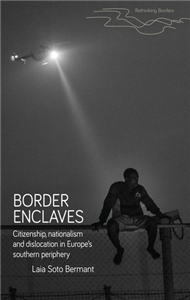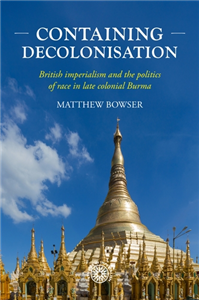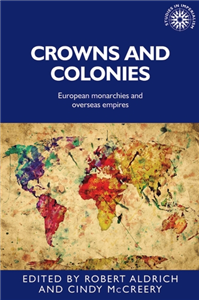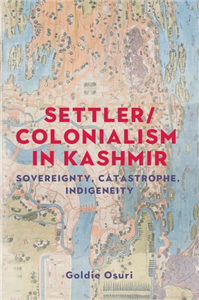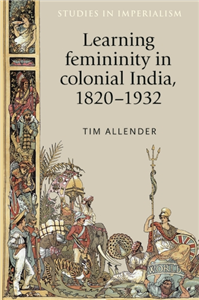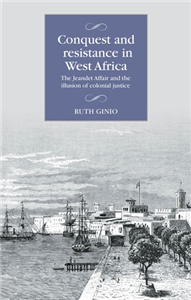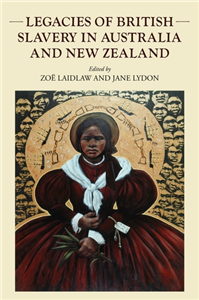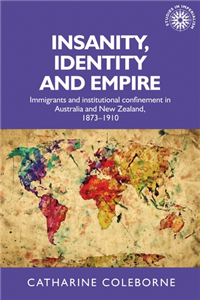Regio Ltd.
Regio has nearly 30 years of experience in the publication of maps and atlases of all kinds, which have been internationally recognised and awarded on numerous occasions. Regio has two main fields of activity: mapping and geospatial data. We design accurate, up-to-date maps at all scales and for all purposes. In addition to printed maps we provide maps for internet applications, GPS and mobile devices. We are flexible and will assist you in the planning, consultation anddevelopment of all cartographic products. In geospatial data area Regio owns and maintains the most detailed geospatial database of Estonia and the Baltic States, including buildings, address data, points of interest, land cover, road network and navigation datasets.
View Rights Portal



